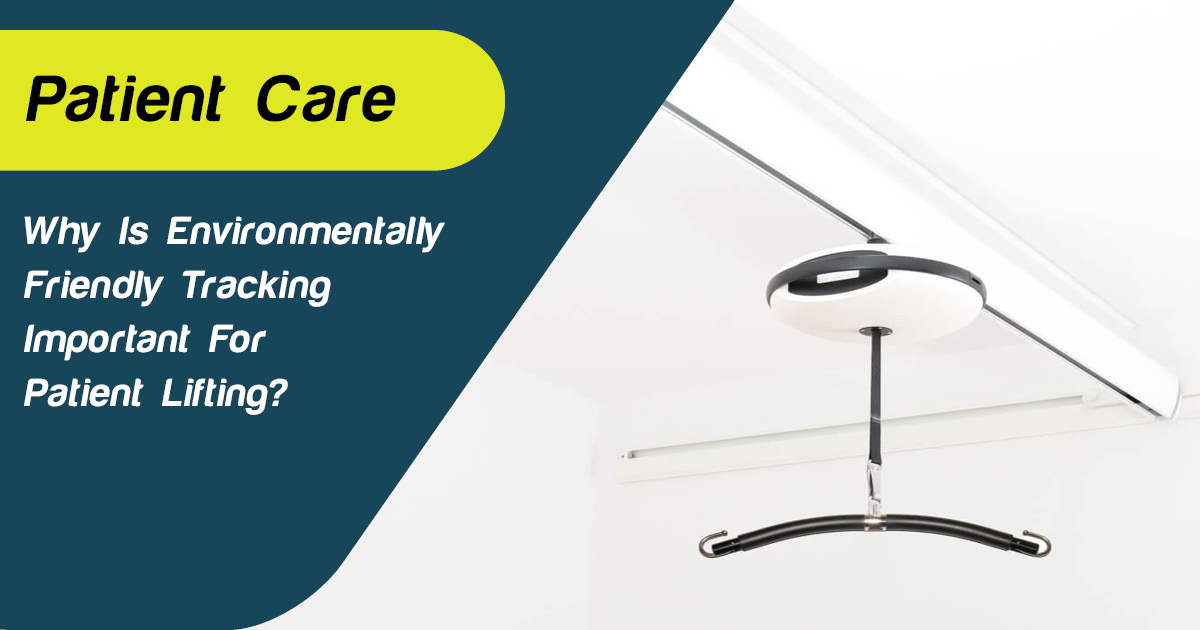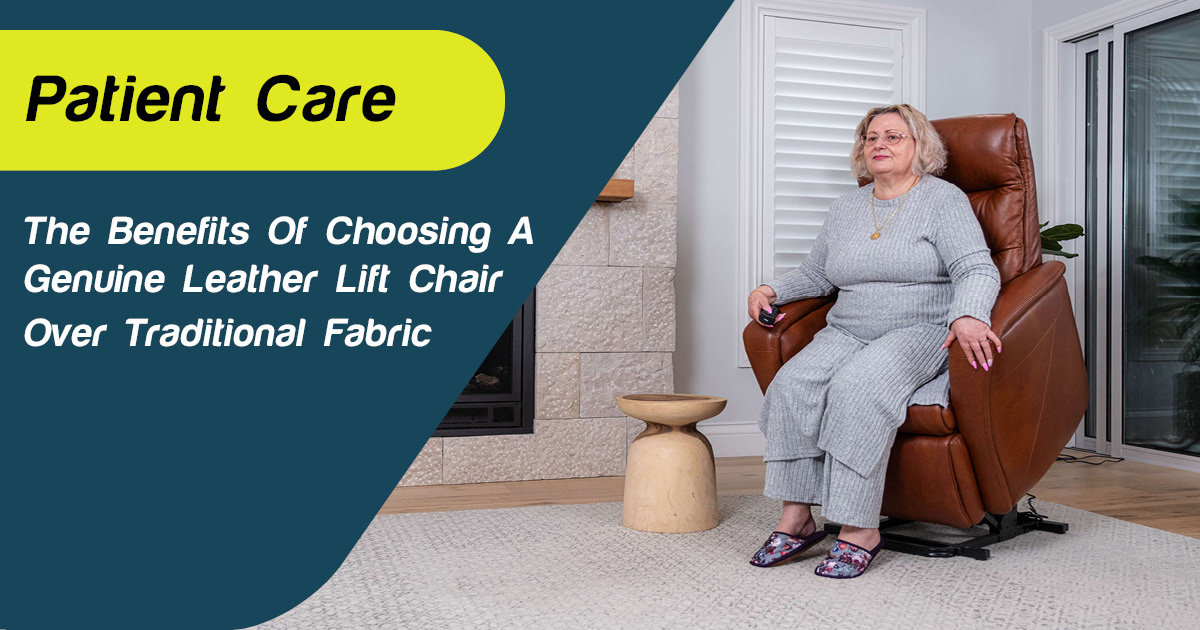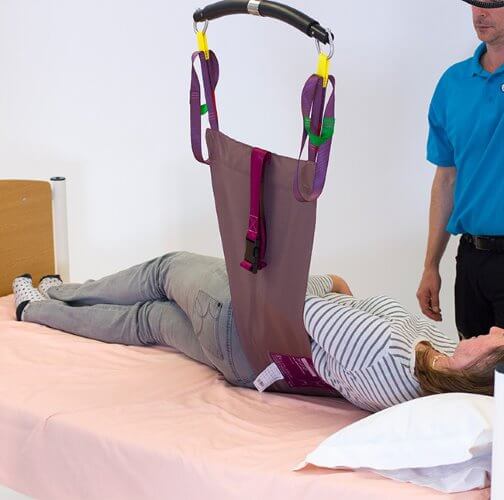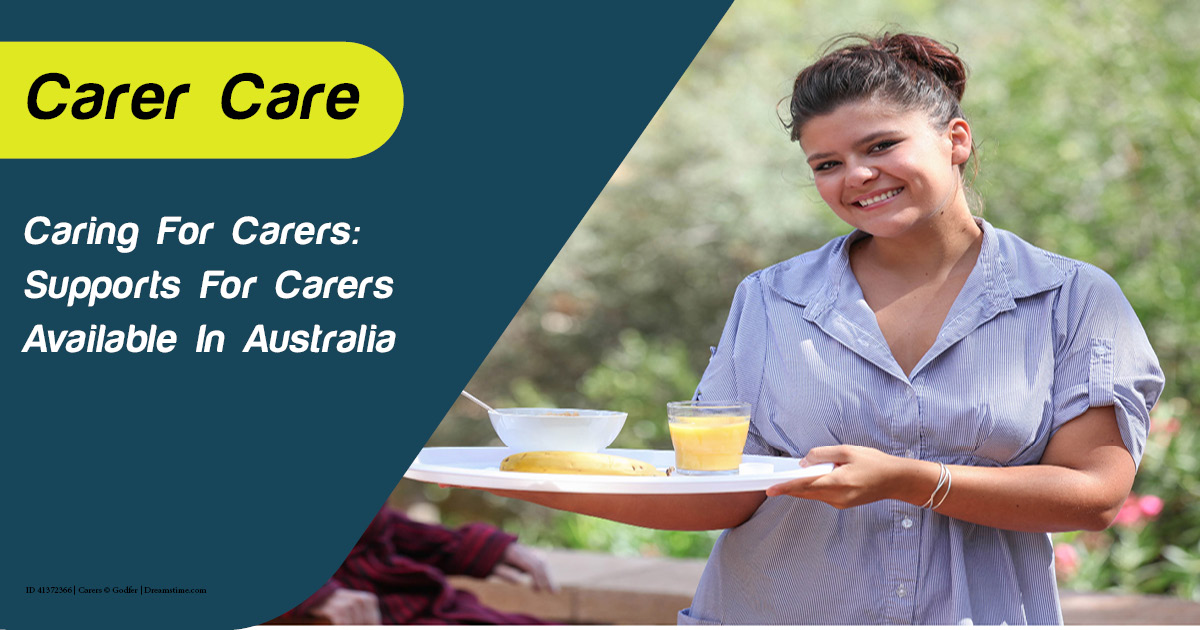
Share
Behind many people living with disability, recovering from illness or ageing at home, someone is lending quiet, constant support. They might be family members, partners, friends, or support workers. Their daily work makes independence possible, but their own needs are often overlooked.
This blog is about caring for carers. We’ll look at the challenges faced by carers, highlight what support for carers is available in Australia, and share helpful products and resources that can ease the day-to-day.
What are carers and what do they do?
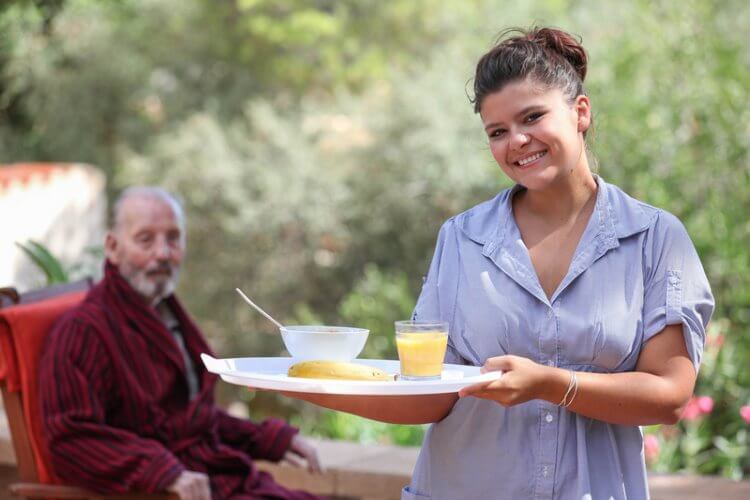
ID 41372366 | Carers © Godfer | Dreamstime.com
In Australia, the term “carer” refers to someone who provides ongoing paid or unpaid care and support to a person with disability, chronic illness, mental health condition, or age-related needs. This might be a parent assisting a child with high support needs, a spouse helping their partner dress, or a friend managing someone’s meals and transport.
Carers are vital to the wellbeing of people with care needs, and the Australian economy. According to Carer Gateway, there are over 2.65 million carers in Australia, providing care worth an estimated $77.9 billion annually.
Challenges faced by carers
Carers carry a heavy load — emotionally, physically, and financially. Many find their own needs pushed aside, and support can be hard to find.
Common challenges include:
- Fatigue and burnout from ongoing physical and emotional labour
- Mental illness and health concerns, including higher rates of anxiety and depression
- Financial stress, especially for carers who reduce paid work hours
- Lack of respite, with limited time off or support networks
- Physical strain, particularly when assisting with mobility, transfers, and daily tasks
- Navigating systems, like the National Disability Insurance Scheme (NDIS) or My Aged Care, can be complex and time-consuming
A 2022 NSW Government report found that almost half of carers who responded to their survey had “high” to “very high” levels of psychological distress, and two in three respondents had a chronic health condition compared to one in three Australians overall. Respondents didn’t have the time or energy to prioritise their health and felt undervalued.
What support services are available to carers?

ID 140713652 © Fizkes | Dreamstime.com
Support for carers in Australia has improved significantly in recent years, but many still don’t realise what they’re entitled to. From national services to local programs and funding support, a growing network of help is designed to ease the burden of caring.
Here’s a closer look at what’s available and how to access it.
Carer Gateway: Your national support service
Carer Gateway is the main federal initiative supporting unpaid carers across Australia. It offers a range of free support services, all tailored to help carers look after their wellbeing, reduce stress, and stay connected.
- Counselling sessions – one-on-one phone or online counselling with professionals who understand the challenges carers face
- Respite care coordination – short-term alternative care options to give you time to rest, attend appointments, or simply take a break
- Carer coaching – practical tools and advice to help you manage challenges, set goals, and build confidence
- Skills courses – learn more about health, self-care, and the caring role through free online learning
- Peer support groups – connect with other carers for a sense of community and shared experience
- Emergency respite – support in crises like health emergencies, accidents, or hospital admissions
To get started, call 1800 422 737 or visit the Carer Gateway website. You’ll be connected with a local Carer Gateway service provider who can tailor support to your situation.
State and local supports: What’s available near you?
On top of federal services, most states and territories provide additional support for carers. These often focus on community connection, education, and advocacy. For example, the NSW Government’s Carers Program provides:
- Events and workshops, like mindfulness classes or information sessions on navigating government systems
- Peer support and mentoring, including multicultural carer groups
- Advocacy, helping carers have a voice in local health and disability systems
- Cultural and language-specific resources for Aboriginal and Torres Strait Islander carers and carers from culturally and linguistically diverse backgrounds
Other states offer similar programs through Carers Victoria, Carers WA, Carers Queensland, and others. Each organisation provides its own mix of services — from one-on-one coaching to regional drop-in centres. To find local services, visit your state’s carer support website or ask your GP, allied health professional, or local council for a referral.
Financial support: Payments and subsidies
Many carers experience financial hardship, especially if they’ve had to reduce paid work. To help ease this pressure, the Australian Government offers financial support through Centrelink.
- Carer Payment – a fortnightly income support payment for people who can’t work due to their caring responsibilities
- Carer Allowance – a supplementary payment if you provide daily care but are still working or studying
- Carer Supplement – an annual lump sum payment (around $600 per eligible payment) to help with expenses
- Child Disability Assistance Payment – an additional yearly payment if you care for a child with disability who qualifies for Carer Allowance
Eligibility is based on factors such as the amount of care you provide, your income and assets, and the level of support needed by the person you care for. You can check your eligibility and apply online through Services Australia.
Tip: Even if you don’t qualify for the Carer Payment, you may still be eligible for the Carer Allowance, which is not income tested.
Helpful products to ease the care load
The right equipment can significantly reduce the physical and emotional demands of caring. It can also improve safety, promote dignity, and help the person you support stay more independent, which benefits everyone involved.
Manual handling and transfer aids
Physically assisting someone with mobility can put enormous strain on your back, shoulders, and joints. Safe transfer aids are among the most important investments a carer can make.
Our best-selling items include:
- Patient transfer equipment, which reduces twisting during standing transfers
- Hoists and slings for safe full-body lifts with minimal physical effort
- Standing aids that improve stability during walking or short-distance movement
Occupational therapists commonly recommend these tools, which are suitable for use at home, in clinics, or in aged care facilities.
Mobility aids for outings and daily living
Supporting someone to stay active and social is a big part of many carers’ roles. These mobility products help you move around together more easily, whether heading to the shops or just walking to the garden.
- Transit wheelchairs – lightweight and foldable, ideal for short trips
- Walkers and rollators – with handbrakes, seats, and storage for safe, supported movement
- Bedside commodes – reduce night-time transfers and provide privacy
- Portable ramps and cushions – to assist with access and comfort throughout the home
We also offer custom advice and product trials, so you can feel confident you're choosing the right solution.
NDIS and funding support
Most of our equipment is eligible for NDIS funding under Assistive Technology. For those not covered by the NDIS, we can also help prepare quotes for My Aged Care, hospital discharge plans, or private health insurance claims.
You can speak with our team to:
- Request a formal equipment quote
- Arrange a trial in-store or at home (available in select regions)
- Access servicing and maintenance
Tips for carers: look after yourself, too

ID 193500422 © Maria Marganingsih | Dreamstime.com
Carers often hear, "you can’t pour from an empty cup.” But in the rush of daily life, it can be hard to prioritise your own needs. Self-care doesn’t have to be complicated, but it does need to be consistent.
Here are some small, achievable ways to care for yourself while supporting someone else:
Build small breaks into your day
Even 10 minutes with a cuppa and a quiet moment can reset your energy.
Connect with other carers
Sharing your experience reduces isolation and can be a source of strength. Try joining an online forum or a local group through Carer Gateway.
Say yes to help
Whether it’s respite care, a neighbour offering to mow the lawn, or a meal train — accept it. You deserve a support system too.
Access practical equipment
Reduce your own risk of injury by using the right tools for lifting, bathing, or transporting.
Celebrate your impact
Even if it goes unnoticed by others, your role is essential. Recognise your value and give yourself credit for all that you do.
Caring for carers strengthens our community
Caring for others isn’t just about hard work — it’s about love, patience, and resilience. At Active Mobility, we see that every day. Whether you're a family member, support worker, or someone balancing both roles, we aim to provide the tools and guidance to make your life easier and safer.
From our wide range of carer-specific equipment to personalised service and funding assistance, we’re here to lighten your load and support your journey. Call 02 9649 2111 (Sydney) or 02 4047 3608 (Thornton) or visit a showroom to chat with our team and get the right advice for your client. We also welcome you to book a trial for in-house or showroom with our extensive range of products.



